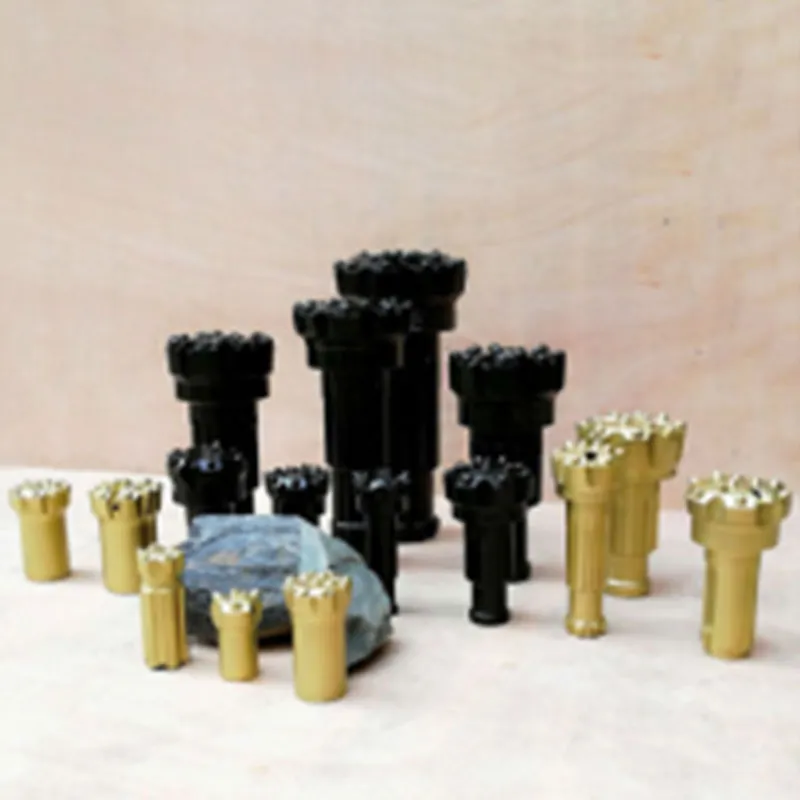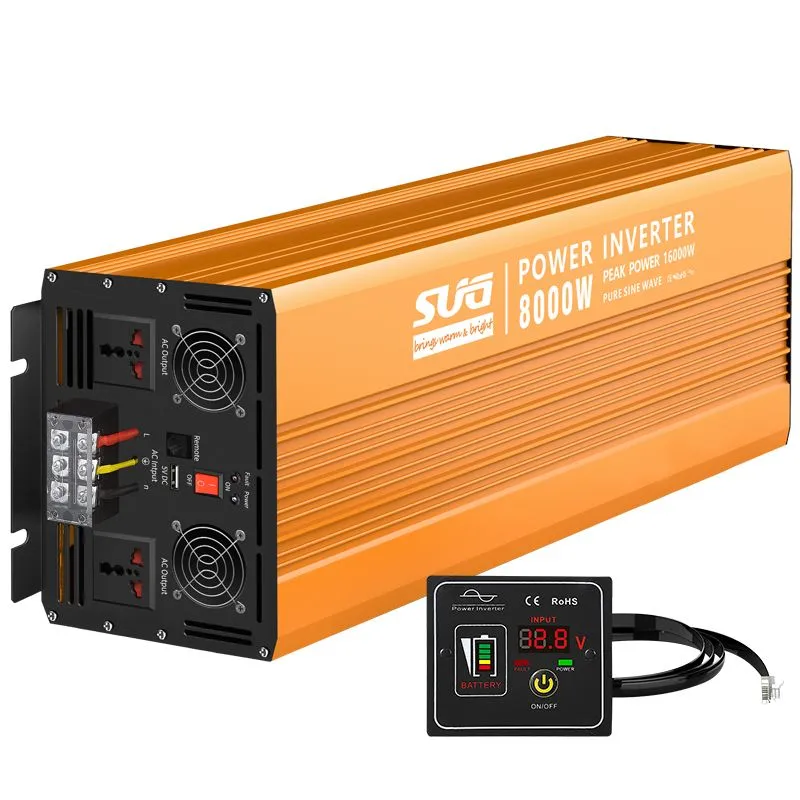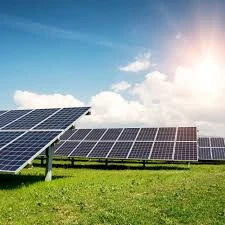Cleaning method:
Open valve or desilting
Improved design of suction lines or desilting
Lower mounting height
Open valve or desilting
Improved design of suction lines or desilting
Lower mounting height



